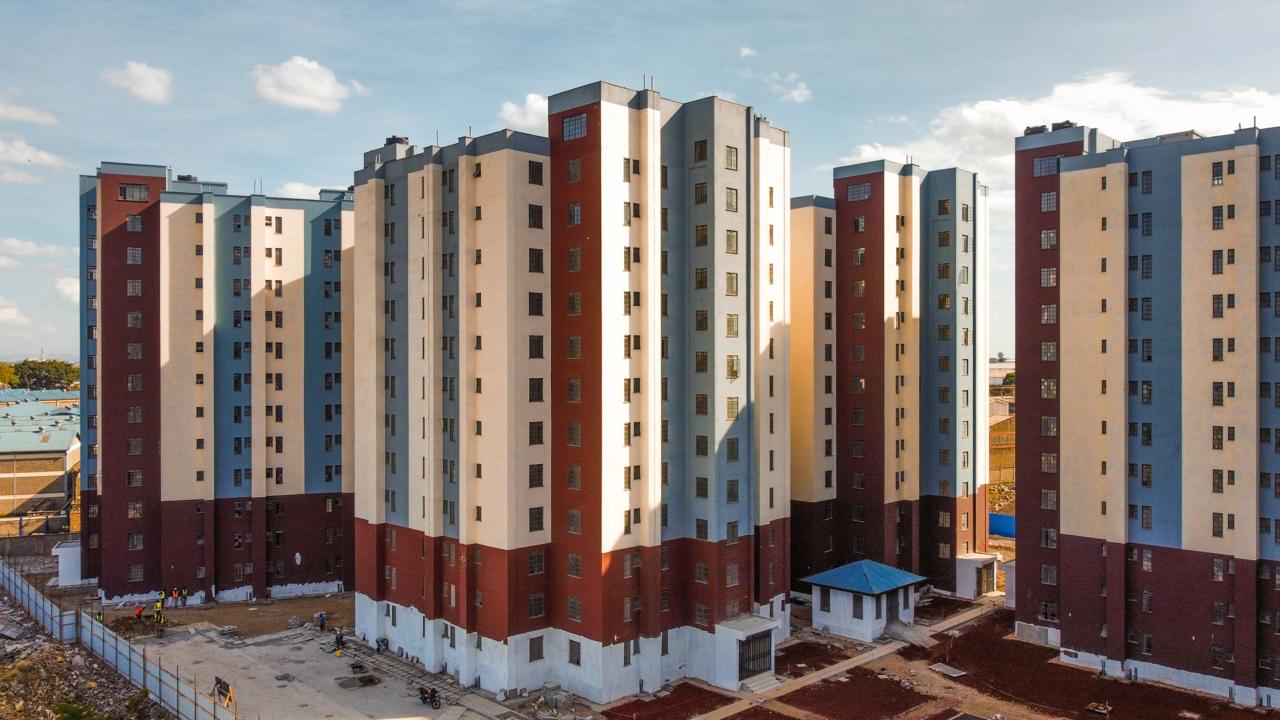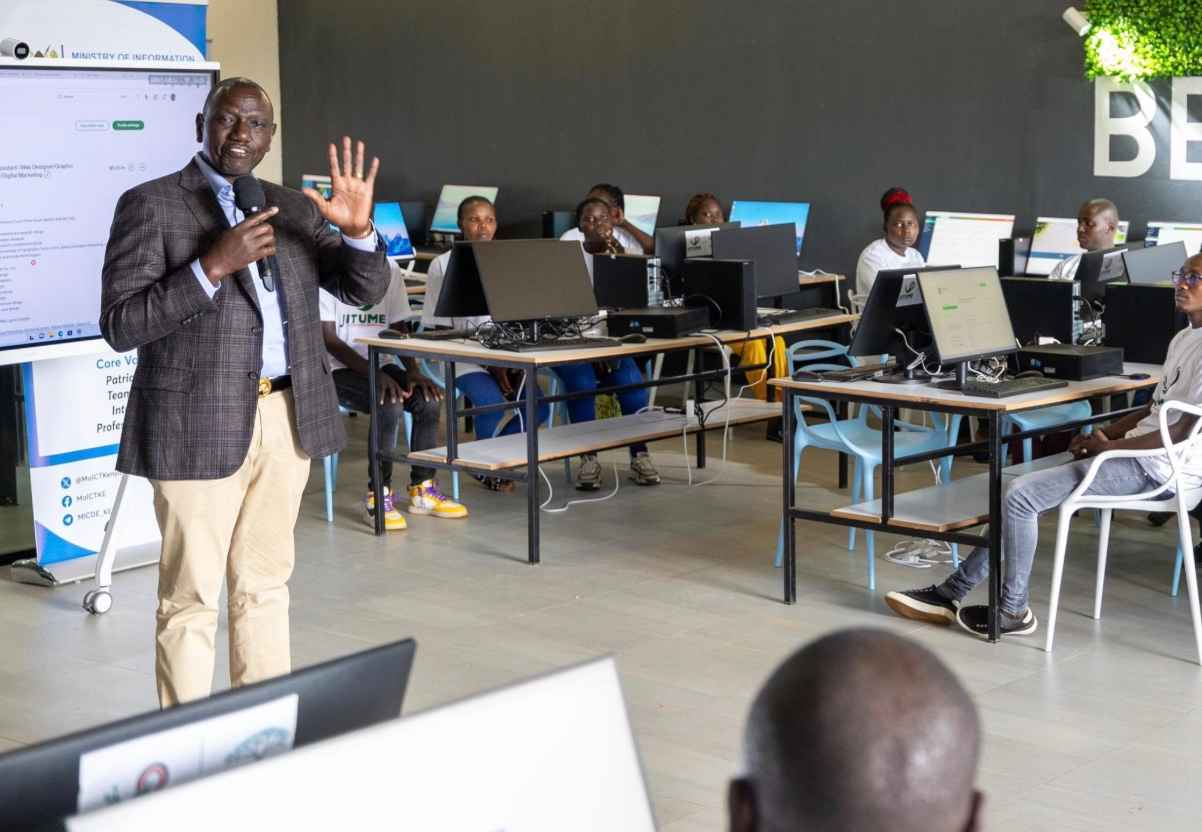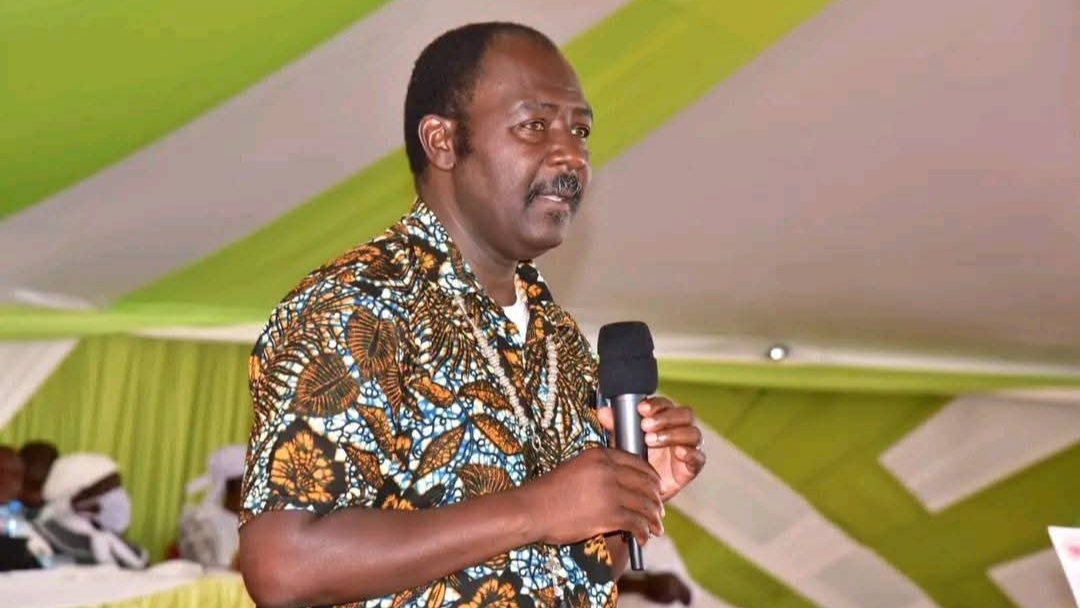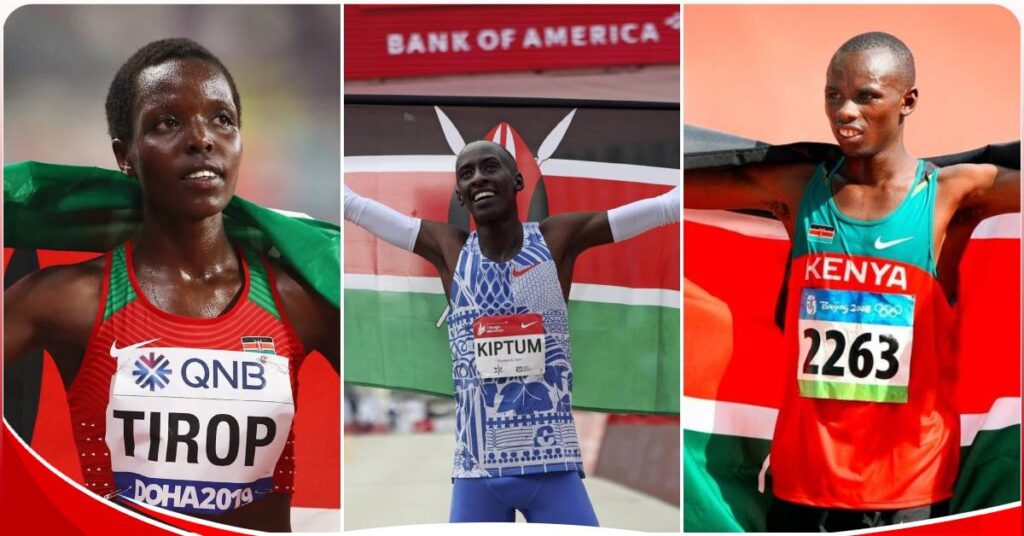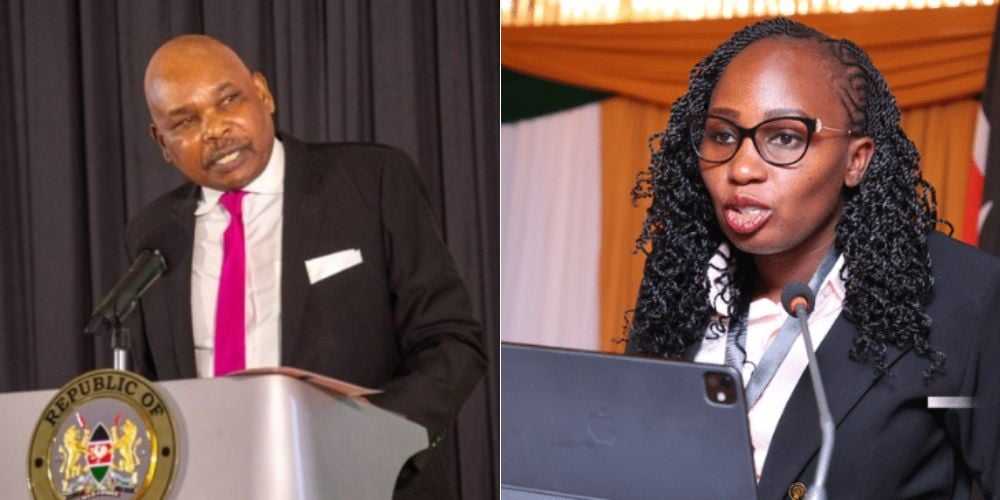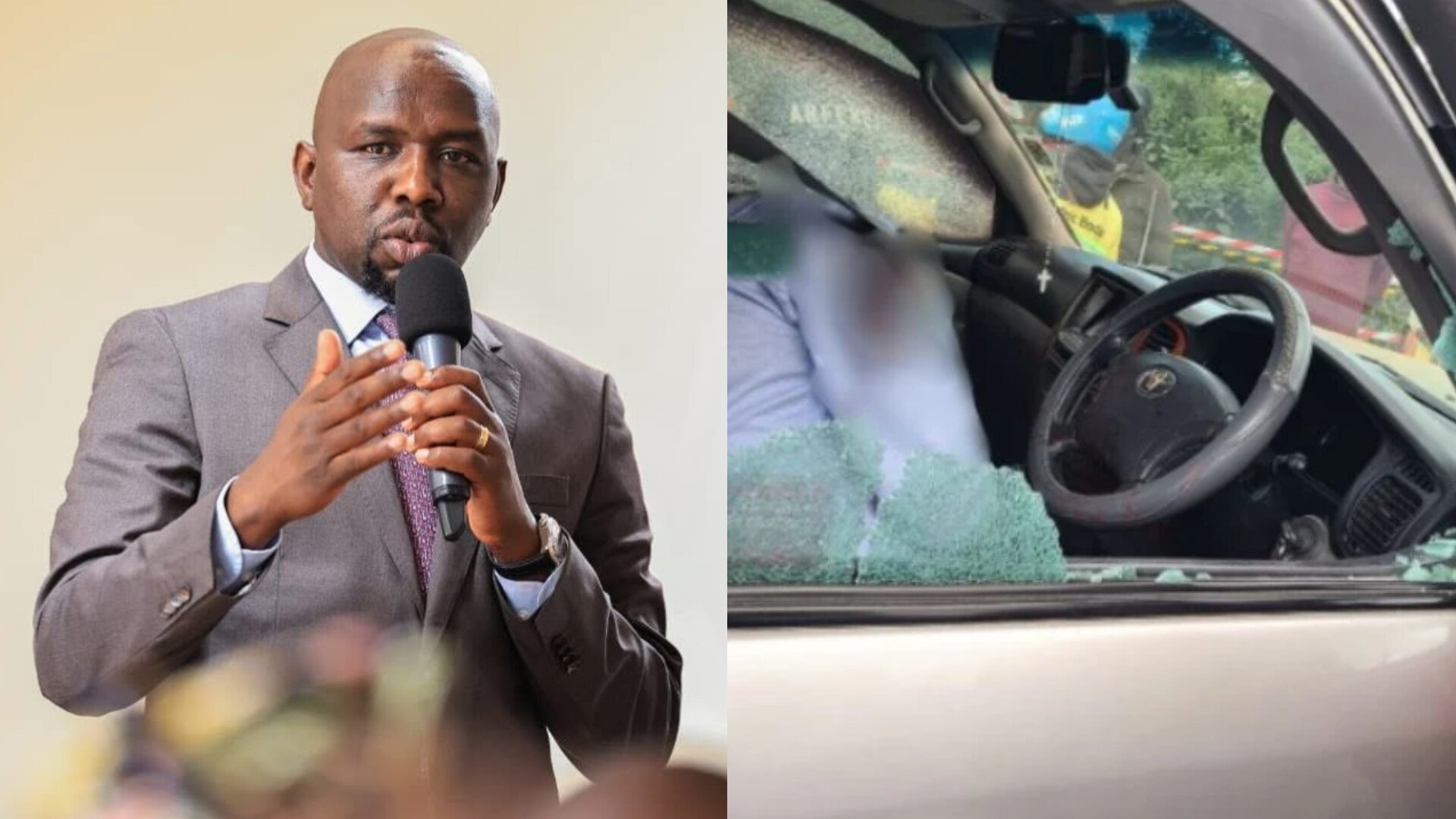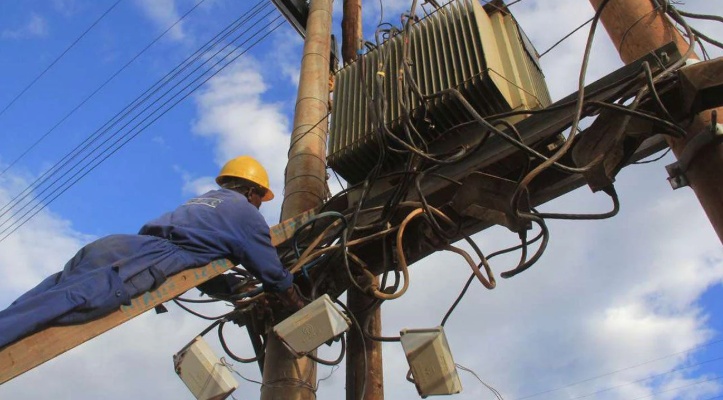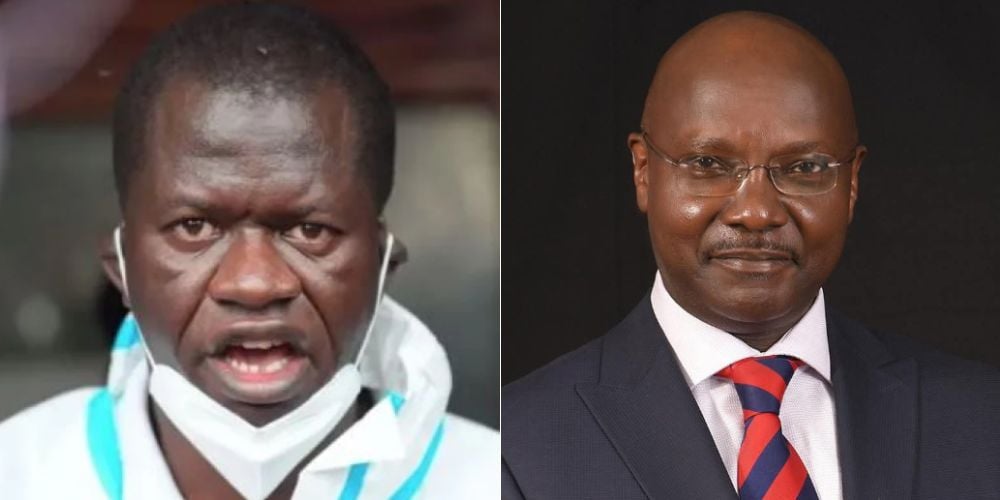President William Ruto has hailed Kenyans for taking ownership of the Affordable Housing Programme, which has so far mobilised over 4 billion dollars (KSh518 billion) locally to finance housing projects across the country.
Speaking in Ethiopia during a recent visit, the President emphasised that the initiative was not driven by debt or foreign aid but by the direct contributions of Kenyans themselves.
“Two years ago, we decided that we were going to give dignity to our people, and we are going to build houses for them. We have 700,000 housing units in the pipeline, and we are already constructing 170,000 houses. Kenyans from their own resources, without debt and without support from others, have raised projects worth four billion dollars under the housing programme.
This financing model, he added, demonstrates Kenya’s ability to mobilise local resources for transformative projects, freeing the country from dependency on international loans while empowering citizens to take direct ownership of development.
"It confirms to you that what you are doing in Ethiopia is what we are doing in Kenya, and that is what we should be doing in our region. That way, we can emancipate our people from debt, from begging across borders, and take charge of our development,” President Ruto said.
Read More
Status of Housing Projects
The Affordable Housing Programme has made steady progress in delivering new homes nationwide. A total of 195,578 housing units are currently under development, with projects ongoing in 44 counties and 111 constituencies.
Plans are underway to cover all 47 counties, with Turkana, Marsabit and West Pokot being the only counties yet to see active construction.
Since 2022, the programme has already delivered 3,171 completed units, including landmark projects such as Buxton Phase One in Mombasa (584 units), Nakuru Bondeni (605 units), Boma Yangu Mukuru (1,080 units), Boma Yangu Homa Bay (110 units), and housing for disciplined forces (792 units).
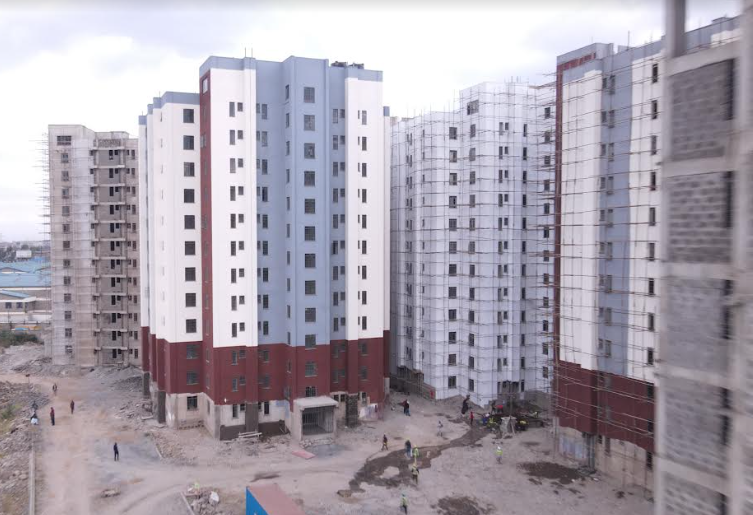
These developments have not only provided modern homes but have also revitalised urban centres and created ripple effects in local economies.
In addition, 4,888 affordable housing units have been advertised for public sale, while student housing projects are addressing institutional accommodation challenges. A total of 177,686 student beds (equivalent to 50,767 units) have been planned to ease the housing crisis in universities and colleges.
Economic and Social Impact
The housing initiative has generated significant employment opportunities. Since its launch in 2022, it has created more than 330,000 direct and indirect jobs, with projections showing that one million jobs will be generated throughout the project cycle.
To ensure inclusivity, the government has ring-fenced KSh11 billion for Jua Kali artisans and micro, small and medium enterprises (MSMEs), enabling them to directly participate in construction and market supply programmes.
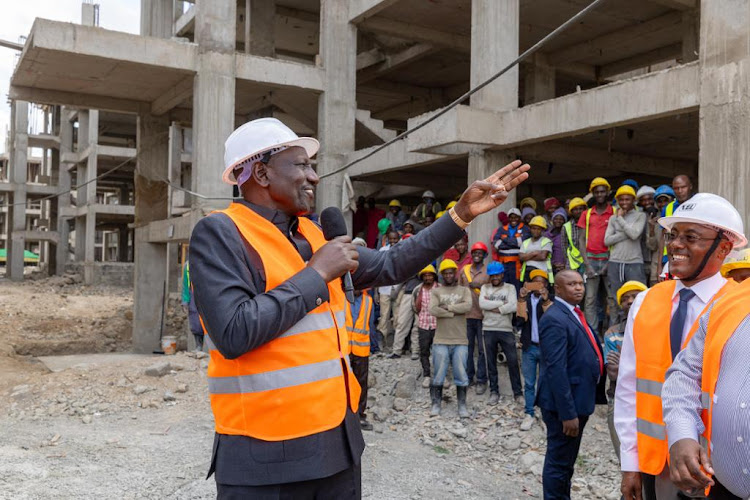
This not only empowers local communities but also strengthens the Kenyan economy by ensuring that the wealth generated circulates domestically.
Voices of Beneficiaries
Beyond the statistics, the Affordable Housing Programme is most powerfully measured by the transformation it has brought into the lives of ordinary Kenyans.
For many, owning a home was once an unattainable dream. Today, it is a reality that has restored dignity, stability, and a renewed sense of belonging.
One beneficiary described the experience as nothing short of life-changing. Having grown up in a settlement where residents were often labelled as slum dwellers, the shift into modern, planned housing marked a profound upgrade in their quality of life.
“It is a life-changing project. Being one of the beneficiaries, I am able to say I now have a house. It is an all-in-one project that makes you feel like a human being. Growing up in an area where we were classified as slum dwellers, we have now been upgraded to a better living standard," the beneficiary opined.
Others have highlighted the accessibility of the programme for low-income earners. A community leader and chairlady explained that the houses under the social housing category were specifically designed for people earning less than KSh20,000 a month.
“These houses are part of social housing, designed for people earning below KSh20,000. As the chairlady of my neighbourhood, I can say that the people who received houses are truly from our community.”
For families raising children, the programme has redefined everyday life. One parent recalled the difficulties of bringing up children in Mukuru, where cramped conditions, lack of safe play areas, and even limited access to proper lighting made life a daily struggle.
“Life in Mukuru was not easy. There was no space for children to play, and even access to light was difficult. But here, it is easier to raise them. We were given the keys by President William Ruto himself, and we are very happy," she said.
For Kelvin Kamau, a young man from Riara, the Affordable Housing Programme has been nothing short of transformative. His life in the informal settlement was characterised by challenges such as high rent, unreliable access to water, and constant struggles with electricity.
“I came from Riara, which was a ghetto. The main problems were rent, water, and electricity. When this project came, I was one of the first beneficiaries. Now I have a house with water and electricity, and it is rent-to-own. This project has really helped young people like me change our mentality. I have benefited, and I know my child will also live in these houses. My name is Kelvin Kamau Nyambura, I live in Block AD 806, and I am proud to be a beneficiary," Kamau said.
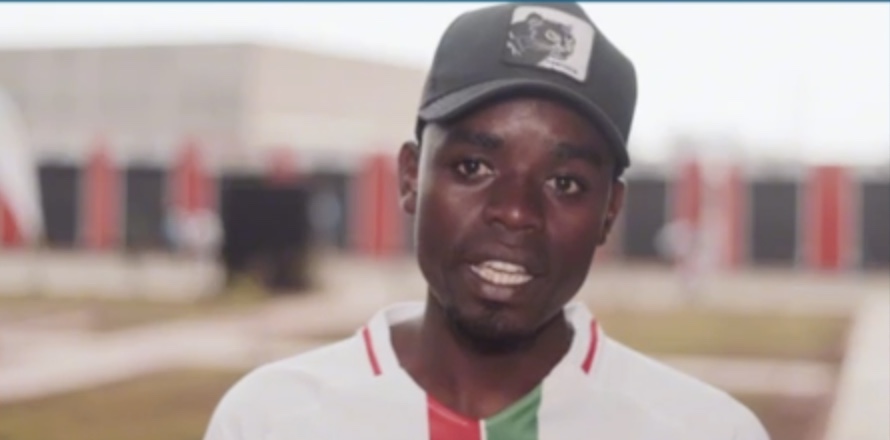
Together, these voices capture the human face of the Affordable Housing Programme. They tell a story of dignity restored, communities uplifted, and futures rewritten.
